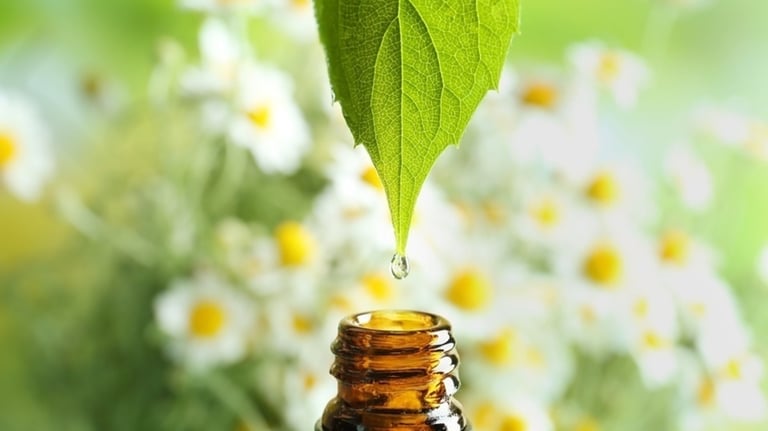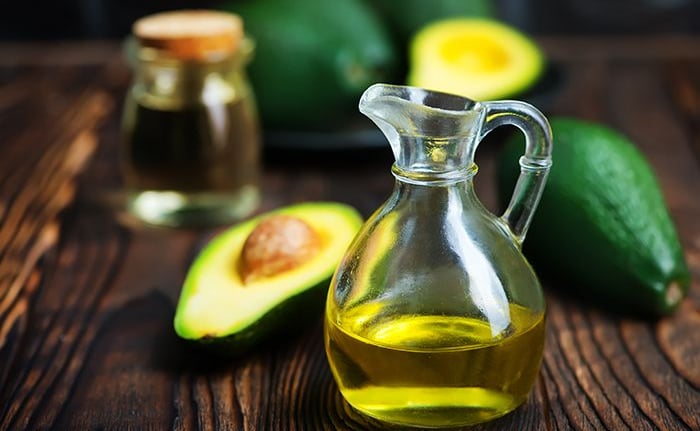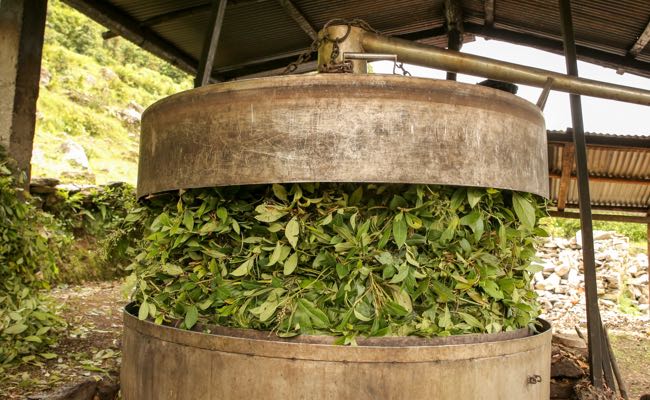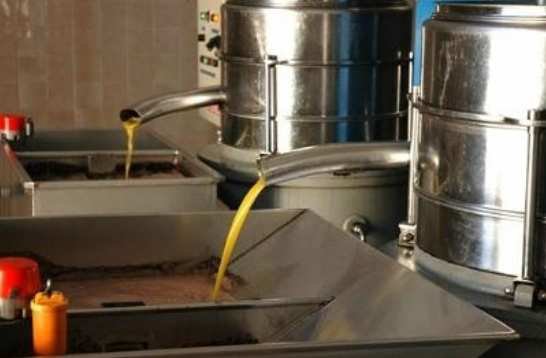History of aromatherapy The history of aromatherapy goes back thousands of years. The use of plants and their essential oils for therapeutic purposes dates back to ancient Egypt, where they were used in religious rituals and to cure illnesses. The Egyptians believed in the healing power of plants and used essential oils in baths, massages and even to embalm their dead. However, it wasn't until the 20th century that aromatherapy became a more widespread practice. French chemist René-Maurice Gattefossé was responsible for popularising aromatherapy after accidentally experimenting with the healing properties of lavender essential oil on a burn. Since then, aromatherapy has been recognised as an effective complementary therapy for relieving stress, promoting emotional well-being and improving general health.
Essential oils Essential oils are highly concentrated natural substances extracted from medicinal plants. They have therapeutic properties and are widely used in aromatherapy, a branch of alternative medicine that seeks to promote physical and mental well-being through the use of aromas. Each essential oil has specific characteristics and can be used in different ways, such as in massages, baths, inhalations or even added to personal care products. In addition, essential oils can be used to treat a variety of conditions, such as muscle pain, insomnia, anxiety and even skin problems. However, it is important to emphasise that essential oils should be used with caution and under proper guidance, as their incorrect use can cause adverse effects.
Vegetable oils Vegetable oils are fatty substances extracted from plants. They are widely used in cookery as ingredients for cooking and flavouring food. They are also used in the cosmetics and personal care products industry due to their moisturising and emollient properties. Vegetable oils are rich in fatty acids, vitamins and minerals, which are essential for the health of the human body. Among the most common vegetable oils are soya oil, sunflower oil, corn oil and olive oil. They can be extracted through cold pressing or refining processes, and each type of oil has unique characteristics in terms of flavour, aroma and smoke point.












